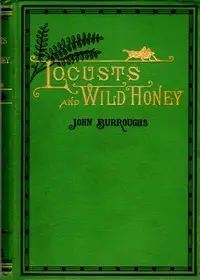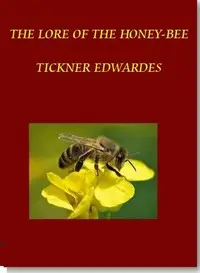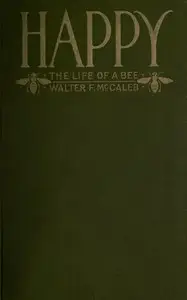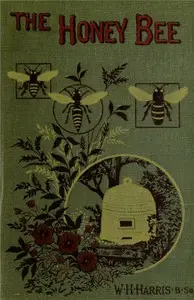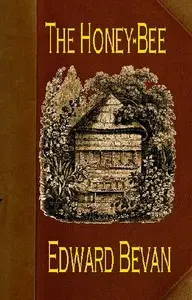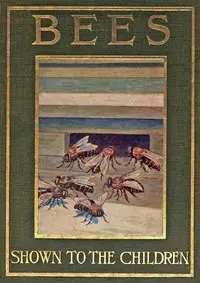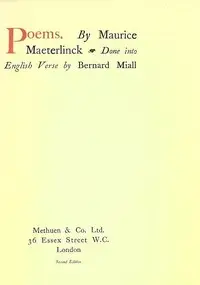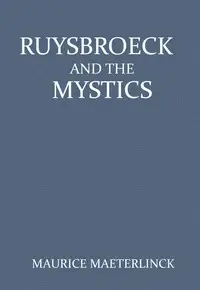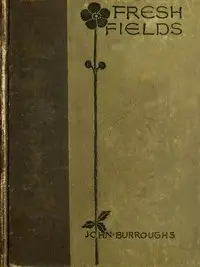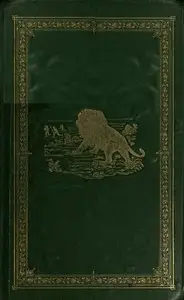"The Children's Life of the Bee" by Maurice Maeterlinck is a blend of natural science and wonder, casting a nostalgic gaze upon the lives of bees within a Dutch Flanders apiary, likely written in the early 20th century. The book reveals the inner workings of the hive, the roles of the queen, workers, and drones, and the overall organization, painting a picture of selflessness and community. It invites the reader to explore the intricate world of bees, which interact within their communities and demonstrate remarkable behavior, and to consider themes of sacrifice and the cycle of life within the hive's collective spirit, offering insights into the wonders of nature.

The Children's Life of the Bee
By Maurice Maeterlinck
Enter a nostalgic apiary where bees live a life of intricate community, sacrifice, and wonder.
Summary
About the AuthorMaurice Polydore Marie Bernard Maeterlinck, also known as Count/Comte Maeterlinck from 1932, was a Belgian playwright, poet, and essayist who was Flemish but wrote in French. He was awarded the Nobel Prize in Literature in 1911 "in appreciation of his many-sided literary activities, and especially of his dramatic works, which are distinguished by a wealth of imagination and by a poetic fancy, which reveals, sometimes in the guise of a fairy tale, a deep inspiration, while in a mysterious way they appeal to the readers' own feelings and stimulate their imaginations". The main themes in his work are death and the meaning of life. He was a leading member of La Jeune Belgique group, and his plays form an important part of the Symbolist movement. In later life, Maeterlinck faced credible accusations of plagiarism.
Maurice Polydore Marie Bernard Maeterlinck, also known as Count/Comte Maeterlinck from 1932, was a Belgian playwright, poet, and essayist who was Flemish but wrote in French. He was awarded the Nobel Prize in Literature in 1911 "in appreciation of his many-sided literary activities, and especially of his dramatic works, which are distinguished by a wealth of imagination and by a poetic fancy, which reveals, sometimes in the guise of a fairy tale, a deep inspiration, while in a mysterious way they appeal to the readers' own feelings and stimulate their imaginations". The main themes in his work are death and the meaning of life. He was a leading member of La Jeune Belgique group, and his plays form an important part of the Symbolist movement. In later life, Maeterlinck faced credible accusations of plagiarism.

